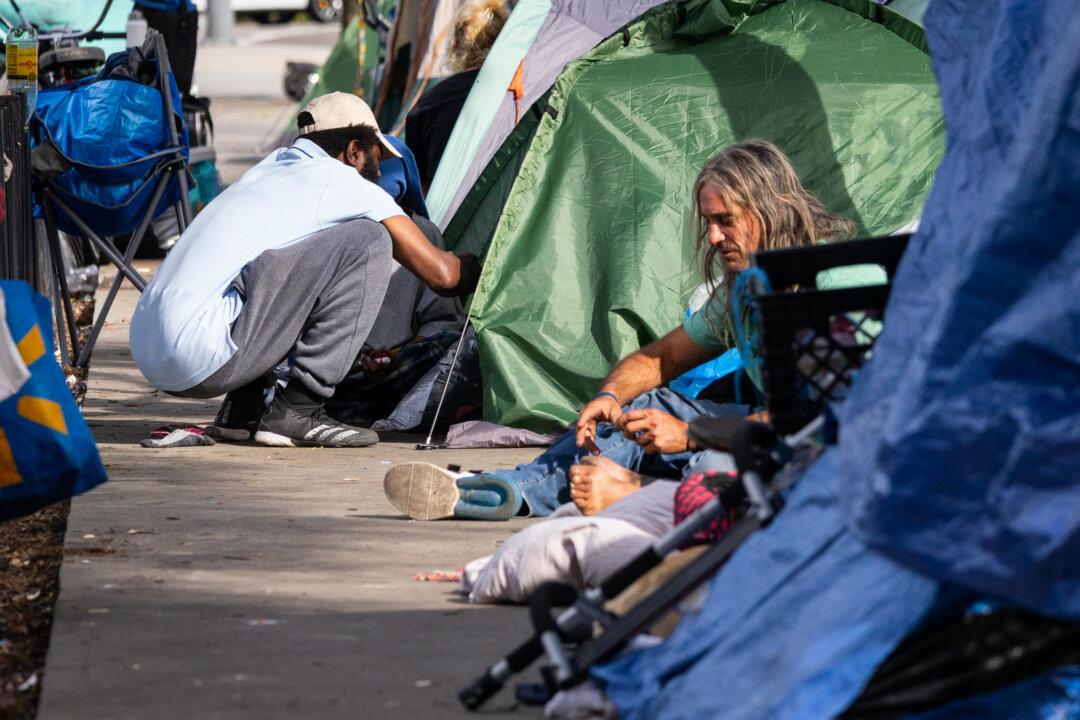Homelessness has risen sharply in the United States, with a report from the Department of Housing and Urban Development (HUD) indicating that about 653,000 people are homeless, the highest count since reporting began in 2007.
Inflation combined with the end of pandemic-era protections against eviction were the key culprits identified in the HUD report, released on Dec. 15. Another major factor noted in the report is the housing supply crunch.





